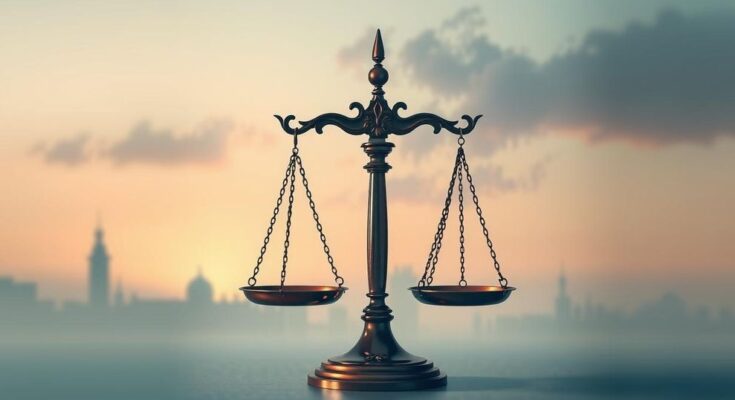As the somber four-year anniversary of Myanmar’s military coup approaches, a coalition of 46 organizations is urgently calling for global accountability for the tragedies inflicted upon the nation. The military junta’s grip remains strong, yet they are increasingly losing control amidst shifting political tides. This pivotal moment mandates renewed commitment to justice and the establishment of a future rooted in human rights integrity.
Since the coup’s onset, the junta has been responsible for over 6,000 deaths and more than 20,000 arbitrary detentions, along with a disturbing rise in judicial executions. The humanitarian crisis deepens with over 3.5 million displaced, while documented instances of torture and indiscriminate attacks illustrate a sobering catalog of atrocities that suggest potential crimes against humanity.
The military’s relentless assaults have ravaged civilian life, targeting schools, hospitals, and places of worship without facing any real consequences. While armed opposition forces have also breached human rights, some groups express intentions to impose accountability, raising questions about the sincerity and effectiveness of these efforts.
Last year witnessed intensified violence towards the Rohingya, further complicating an already grim situation as armed conflicts raged in Rakhine State, claiming innumerable lives and leaving communities trapped in turmoil. Meanwhile, the junta’s territorial losses to ethnic armed groups signify a notable shift in the battlefield, stirring hopes for potential local governance and civil society developments in opposition-held areas.
Amidst the chaos, a collective call directs all involved parties to adhere to international humanitarian law and engage with justice mechanisms like the Independent Investigative Mechanism for Myanmar. Regional powers and ASEAN need to escalate pressure on the military by halting arms shipments and actively supporting international legal processes. A decisive shift from ASEAN’s ineffective Five-Point Consensus is urgently needed to enhance accountability.
Heightened global focus brings visibility to anticipated justice initiatives, with the ICC’s prosecutor seeking arrest warrants against military leaders for crimes against the Rohingya dating back to 2017. Compliance with such warrants is crucial for immediate accountability, requiring international collaboration to deny sanctuary to accused individuals and facilitate their transfer to the ICC.
While progress appears limited, the ICC must broaden its investigations to encompass atrocities committed post-coup, ensuring that no perpetrators escape scrutiny. An international commitment to diverse accountability strategies and mechanisms is necessary, alongside a global arms embargo to curb illicit military supplies.
Resolution from the UN Human Rights Council emphasizes cooperation between the Investigative Mechanism and various legal institutions, underlining the commitment to investigating and prosecuting crimes in Myanmar. With the next session on Myanmar slated for 2025, it presents a critical opportunity for the international community to reaffirm its dedication to justice, echoing the voices of those enduring oppression.
As Myanmar approaches the four-year mark since the military coup, 46 organizations urge the international community to act for accountability. Over 6,000 have died, and many others have been arbitrarily detained, with significant humanitarian crises impacting millions. The situation calls for renewed global efforts, including support for justice mechanisms and pressure on the military junta to cease its violence and respect human rights.
The situation in Myanmar, marked by years of violence and human rights violations since the 2021 coup, demands urgent international action for accountability. A renewed commitment from global and regional actors is essential to combat impunity and support the development of civil governance. As the world stands at a historical crossroads, immediate steps toward justice are vital to protect the rights and lives of the Myanmar people.
Original Source: www.amnesty.org



